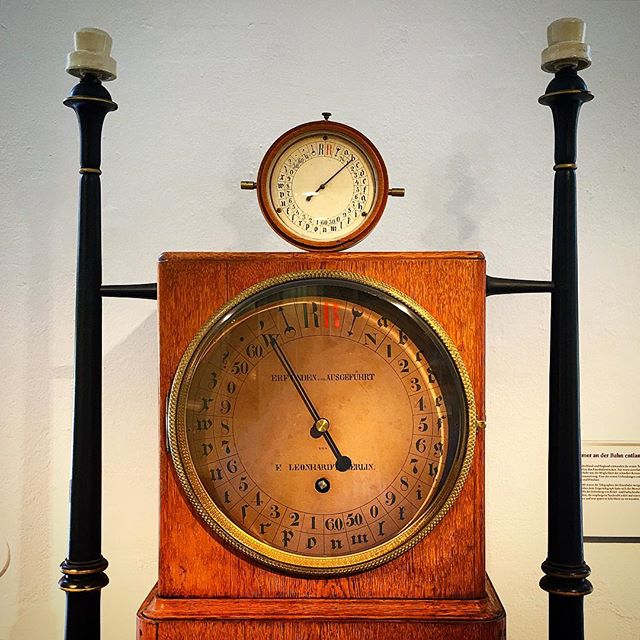The upcoming month of December may seem a slightly longer than usual. Last week, the International Earth Rotation and Reference Systems Service has added a leap second at midnight, June 30.
That additional second will be placed between 11:59:59 p.m. December 31 2016 and 12:00:00 a.m. January 1, 2017. For computer systems, it will take the form of 11:59:60.
Of course, most people will not notice the extra second. Computer systems also, have, by and large, adjust automatically to the extra second (though a few exceptions have caught computer administrators off-guard).
Enacted in 1971, leap seconds are man's way of reconciling man-made time, which has grown ever more precise over the past century, with solar time, the basis for our time-keeping. They do the same thing as leap days--adjust time--but are of a much shorter duration.
Historically, the second has been defined as 1/86,400 of a mean solar day. In 1967, however, the second was redefined in more precise terms, namely the length of time it takes cesium 133 atom to change its ground state 9,192,631,770 times, as detected through its radiation levels. This time, called atomic time, is the basis for Coordinated Universal Time (UTC), and as the basis for the what we think of as the official time.
The problem, in short, is that the earth is not entirely consistent in its daily rotation, due to the dampening effect of tides and other factors. The average length of a day can vary by minute amounts. So over time, a growing disparity emerges between UTC time and solar time. Most computers now get their time over the Internet from the Network Time Protocol (NTP), which uses UTC.
To bring the two back in alignment, leap seconds were created to reconcile solar time and the official time whenever the two grow more than 0.9 seconds apart. A leap second can be either a positive or a negative adjustment. This one will be an additional second.
Not everyone agrees leap seconds are a good idea. ITU's Radiocommunication Sector (ITU-R), which oversees UTC, w ants to eliminate leap seconds.
